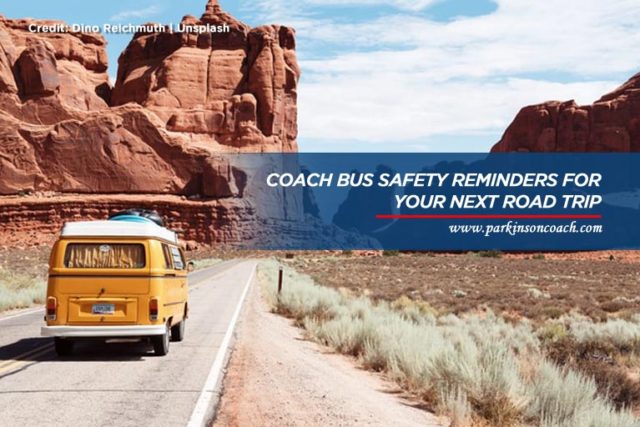Road trips in Canada can be a fun and inexpensive way to explore the country’s wonderful sights. But depending on where you’re headed, road safety can be an issue. Before embarking on a road trip to Quebec, Ontario, or any other province, careful planning and preparation should be done to ensure high levels of safety.
Travellers commonly worry about crimes, terrorism, or catching an infectious disease when going on holiday; but there’s a higher risk of dangers on the road. A majority don’t drive when travelling abroad, choosing instead to arrange private tours aboard buses or taxis. However, that doesn’t mean you have no control over your safety.
If you’re planning on a road trip, here are a few tips to stay safe even when you’re not behind the wheel.
1. Ensure the vehicle is in top condition for the trip.
Your driver may be in charge of making sure the bus is fit for the trip, but it’s also important that you’re fully aware of the condition of your vehicle before hitting the road. After all, the condition of your vehicle contributes to your overall safety on the road.
A road trip, particularly a long drive, is unlike your ordinary drive to work or the grocery store. Long drives are more demanding and they can push a vehicle to its performance limits. Before setting out for the trip, consider reminding your driver to check on the following aspects to make sure your vehicle is in great shape for your trip:
Are the fluid levels right?
Do the tires have good pressure?
Do the taillights and headlights work?
Do the wipers work?
Are the brakes responsive?
Do the brake pads make weird noises?
Does the bus make odd movements or noises when steering?
2. Plan ahead.
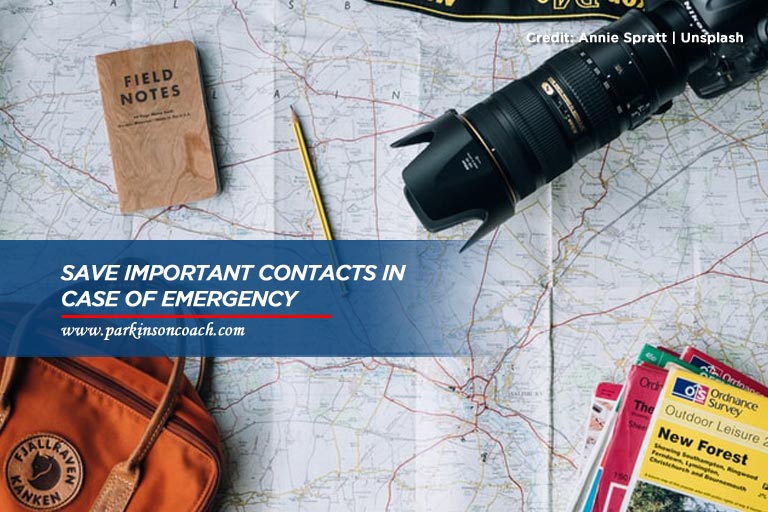
Many travellers are unaware of road hazards, but learning the basics of how to navigate roads is a great stride towards increasing your safety. Tourism materials and guidebooks don’t usually contain much information regarding road safety. However, if you need more details around road safety, websites, like Authentik Canada, are a good place to start. They have a specific page that provides information on safety rules and regulations in relation to the Canadian Highway Safety Code.
When planning your road trip, also include planning the times to refuel, stop for food, and when to stop to make important calls. In choosing routes ahead of time, remember the rest stops and fuel stations you can pass by along the way. Knowing where the nearest one is located will help in case you need to make an unplanned stop. You can also use navigation apps to identify routes and locate important establishments.
3. Learn about the local road culture.
If you’re flying in from another country and it’s your first time to go on a road trip in Canada, expect the safety standards to be different from your country. As such, it’s important to pay attention to how Canadians navigate the roads when driving and even as pedestrians.
Observe what locals do and how they conduct themselves on the road. Part of seizing an “authentic travel experience” in any foreign country is abiding by their safety standards. This doesn’t only ensure your personal safety but that of other people as well.
4. Bring an emergency kit.
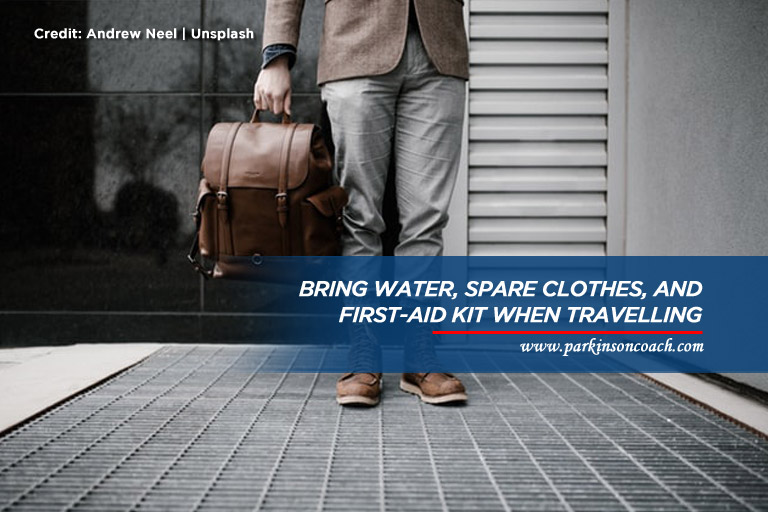
Always be prepared for emergencies even when on the road. You’ll never know when an unfortunate incident is going to happen. It may be best to subscribe to a roadside assistance plan when going on extended drives. It’s a good backup plan in case you end up stuck in the middle of nowhere needing help.
Below are some emergency kit essentials you need to bring with you when going on a road trip:
- Water
- A change of clothes
- Flashlight
- Blankets
- First-aid kit
- Jumper cables
- Tire-changing tools
- A fully-charged phone that contains important contacts
- High-visibility jackets and cones
Having these items at the ready (together with other road trip essentials) will mean you can keep yourself and your companions safe, warm, and hydrated when you find yourselves in the middle of nowhere and without access to immediate help. Having a spare phone you can use will allow you to still reach emergency contacts and receive help.
5. Store your items properly.
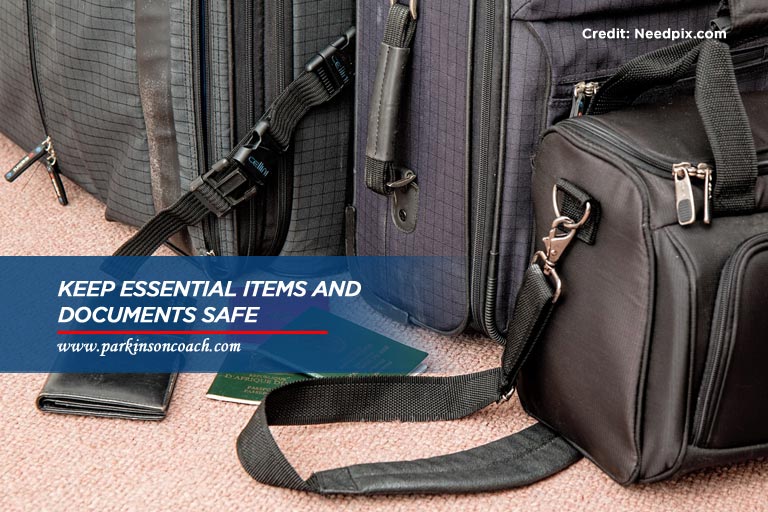
If you’re going on a bus trip to Niagara Falls or other destination getaways, then you’re likely to be bringing a significant amount of cargo.
Most of your stuff might be securely arranged in the trunk, but you should also consider items that might move around while you’re driving. Make sure to secure them in place. Keep all necessary items and documents like your ID within reach.
6. Ask questions.

If you’re using a travel agent, tour operator, or hotel to arrange your bus trip, ask them how they vet for the concerned bus companies and drivers. Contact established bus companies if you’re booking your trip on your own. Make sure they have experience in accommodating long drives and know the different routes to key destinations in Canada very well.
Before the trip, feel free to ask your driver about the route. Roads that are well-lit and properly maintained are better than smaller ones. Make sure the route allows for access to emergency medical services (should the situation require). You might also want to ask your driver about whether or not he’s been on the road for more than 8 hours as well as his experiences in long journeys.
7. Pay attention to your surroundings.
Increased awareness of one’s surroundings is an essential factor in road safety, especially if you’re travelling in groups. Do your homework and research on your destinations beforehand. Ask a hotel staff or the locals about the best places to check out and which ones to avoid.
8. Be extra sensitive to red flags.
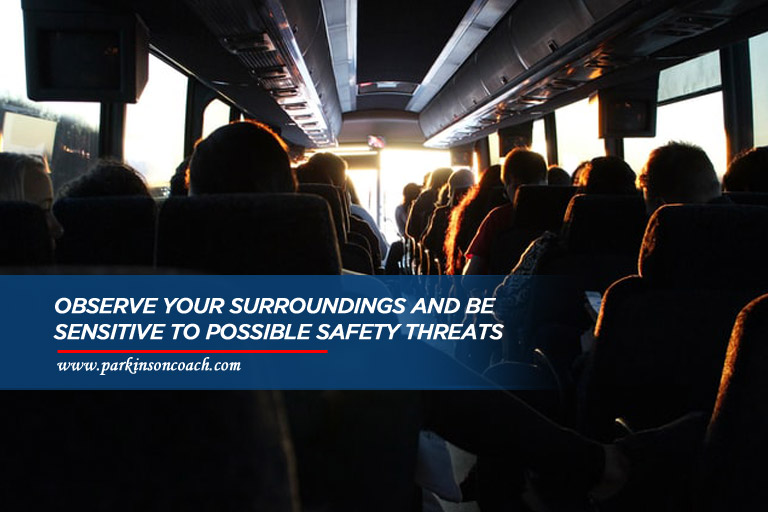
If something feels off or amiss, don’t be afraid to speak up. If you sense that the driver is being reckless, try to ask them (in a polite yet assertive manner) to slow down. If the driver insists or if they show signs of fatigue, get off the bus immediately.
Avoid buses that are poorly maintained, top-heavy, or crowded. Check to see if the tires of the bus are low on air or are bald. One doesn’t have to be a mechanic to see if a bus is safe enough to ride.
9. Keep the group entertained.
Children’s noises can be a huge distraction to drivers. If you’re travelling with the whole family, help the driver focus on the road by keeping kids entertained. Watch movies, distract them with games and apps on your smartphone, or play traditional car games so they don’t get bored throughout the trip. The adult ones could use some good road trip songs to amp up their mood.
If you’re prepping up for your next road trip, keep these reminders in mind to remain safe at all times. You might be embarking on the trip to make memories and have fun, but safety should be your top priority. If you’re looking for a reliable bus company for your road trips to and from Toronto, contact Parkinson Coach Lines. With our well-maintained buses and safety-oriented drivers, we can help you make pleasant memories when on the road. Take a look at our minibus options for a family outing, or full coach services.
Give us a call at (905) 451-4776 to book your bus now.







